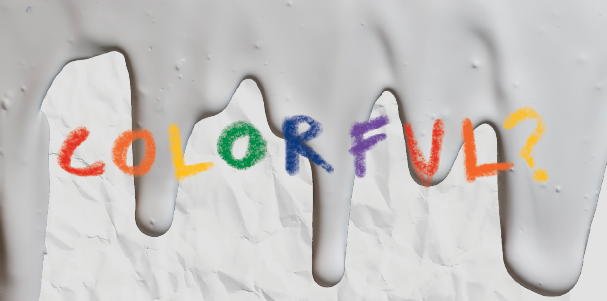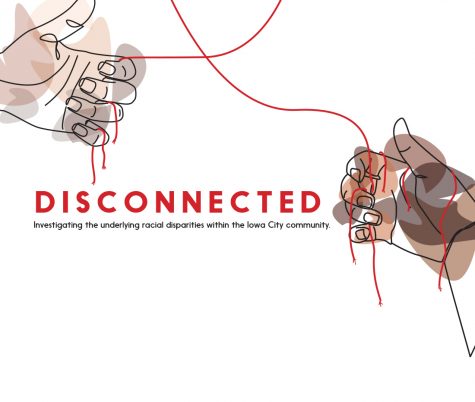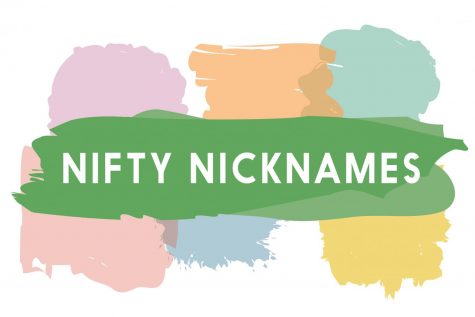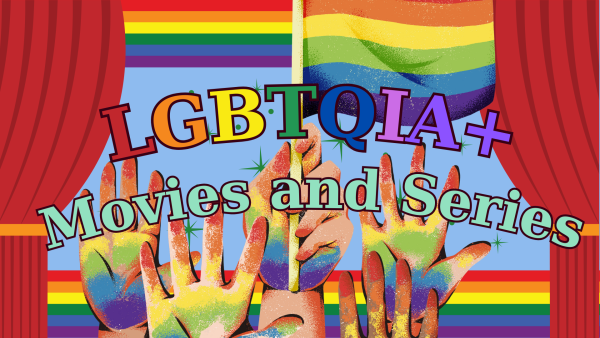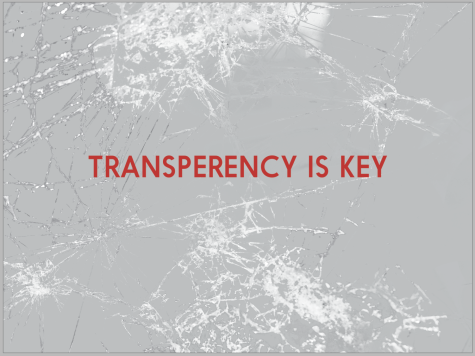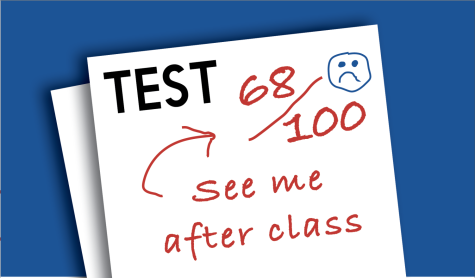Editorial: Colorful?
The WSS Editorial Board takes a stance on the diversity of the West curriculum.
The WSS takes a stance on how effective the MCGF plan is at enforcing a diverse curriculum.
Situated in Iowa, which has been deemed the sixth whitest state in the US according to the World Population Review, West is becoming a near majority-minority school.
To increase awareness and education in relation to minorities, racism and inclusion, the ICCSD has made significant efforts with accordance to Iowa Code 256.11 in that “global perspectives shall be incorporated into all levels of the educational program,” from implementing the MLK Day event to the recent inclusion of a trimester-long Social Justice and Ethnicity course.

In addition to improving the educational experiences for all students through a culturally-inclusive school environment, the West faculty has made efforts to follow the Multicultural/Gender Fair Program, a state-mandated program which encourages the curriculum to include the contributions and perspectives of different cultural groups in order to prepare students to live in an interconnected and diverse world.
To carry out the goals, the MCGF plan also requires that teachers submit their lesson plans every month to Maria Martin, who is dean of students, to be reviewed and kept accountable. Lesson plans do not have to be focused on diversity, but ideally have connections to contributions from other cultures
However, despite the ICCSD’s work so far towards helping students of color in regards to education, self-segregation, racial profiling and confrontation with ignorance and bias, is the district doing enough to enforce a diverse curriculum? The Editorial Board votes 20-1 that the district is not doing enough to enforce a diverse curriculum.
The Editorial Board recognizes that while many teachers are fighting everyday for educational inclusion, not all teachers do so equally across the board. Without a strict enforcement that teachers follow MCGF rationale and goals, it’s too easy to fall back on decades-old curriculum that does not feature multicultural representation.
The ICCSD should intervene to make sure that all teachers recognize the MCGF Education Program as a priority and take it seriously, but also do its own part to ensure that enough resources exist for teachers who are often tasked to research on their own.
When the ability for students of different cultures to interact and co-exist in understanding is in development, the district and all teachers must be held accountable in contributing to a diverse academic environment, for implications extend far beyond one subject alone.

Having students see and learn about their cultural background not only correlates to higher achievement, but also increases their emotional self-esteem and empathy for each other. Without every teacher actively involved in the program, the current curriculum successfully prepares students for college and career, but it does not fully prepare students to become global citizens in an increasingly polarized world.
The problem is not just a West or ICCSD problem alone, but one of an American education system that the ICCSD has the opportunity to change at the local level. The implications that this has affects peer interaction from an individual to a societal level — far more than what Romeo and Juliet can teach us.
Being diverse in numbers is no longer a true sign of progress. Without an enforcement of the MCGF program in schools, many students of color end up learning about a purely Eurocentric history without much knowledge about their own cultural and ethnic backgrounds. A white-washed curriculum unconsciously erodes away students’ cultural and ethnic identity.
Beyond just adding diversity to the curriculum alone through MCGF, the ICCSD should make certain high school classes available to underclassmen instead of just upperclassmen to foster diversity development, interaction and identity at an early age.
Currently, World History and World Literature are offered to students starting in tenth and eleventh grade respectively. Those classes should be made available to students as soon as freshman year, rather than having American Studies as the only option to the many students who choose to not pursue AP coursework.
The Editorial Board believes that the ICCSD and West faculty as a whole are making steps forward in creating inclusive learning environments for students of color, but feel that a stricter enforcement can be done to ensure all faculty takes these steps.

While the MLK Day activities are invaluable, having a one-day event that many students inevitably skip doesn’t create enough awareness and change in the school. The Board recommends that the activities be integrated within MCGF goals and incrementally added to the curriculum.
The new Social Justice and Ethnicity class is also a great improvement, but the board does not believe that the class alone is enough to solve the issue, along with the potential that the students who register to take the class are not going to represent the racial diversity of the school.
The mission of the ICCSD is to ensure that “all students become responsible, independent learners capable of making informed decisions in a democratic society as well as in the dynamic global community.” As a result, it’s imperative that the ICCSD enforce the mission to educate future generations.
Your donation will support the student journalists of West High School. Your contribution will allow us to purchase Scholarship Yearbooks, newsroom equipment and cover our annual website hosting costs.

Jenna Wang is a senior at West High. It is her third year on staff and she is the Editorial Editor, Co-Copy Editor and a reporter for the print publication....

(she/they) Kailey Gee is a senior at West High, and this is their third year on staff. She's working as the Co-Print-Editor-in-Chief with Hanah Kitamoto....


